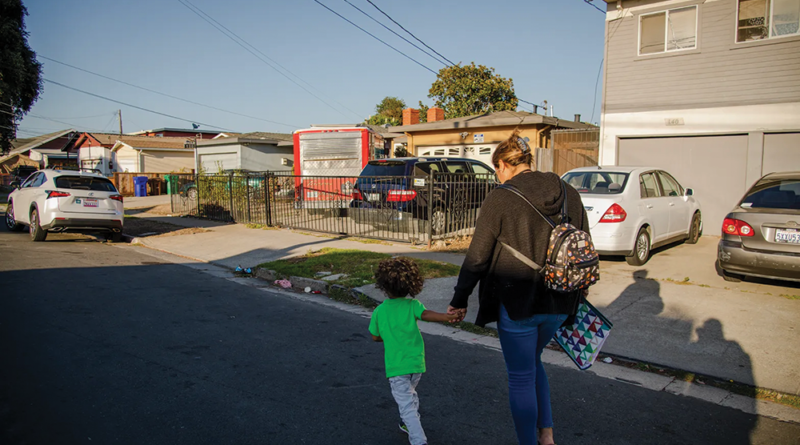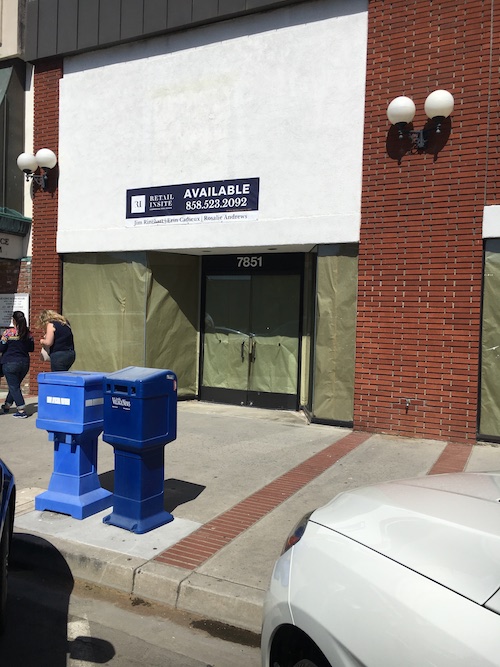Guaranteed basic income programs proliferate across California
Beginning Monday, 150 households in Fresno County are expected to receive a $500 prepaid card to spend on anything they’d like — no strings attached. It will be the first of 12 monthly recurring payments those Southwest Fresno and Huron residents will receive as part of a guaranteed basic income program for low-income families.
For Andy Levine, an advisor at the Fresno Economic Opportunities Commission that is handling the financial disbursements, it marks a big milestone. In 2022, the state launched its own $25 million guaranteed income pilot program, but no region in the Central Valley, including Fresno County, was selected to participate. That’s despite 20% of the county living below the federal poverty line — almost double the percentage for California overall.
Levine was “genuinely surprised and disappointed” that Fresno didn’t make the cut. But after philanthropic organizations stepped in, the commission raised about $1 million to launch the program. Researchers at Fresno State will study the effect the money will have on families, which similar programs have shown to improve health, reduce stress and can lead to full-time employment, according to Levine. They’ll also analyze the impact on the families’ children, and whether the money helps improve early childhood outcomes and boost parental involvement.
Levine: “You can spend some money on the front end to provide stability. Or you can pay extra in public services for the consequences for people not having enough. Is it more cost effective to just provide people … what they need to be productive, self-sustaining and resilient?” Other regions in the state are also experimenting with guaranteed income programs. Sacramento County’s Department of Child, Family and Adult Services is planning a year-long pilot with money from a $7.3 million state block grant. It will give $725 a month to 200 Black, American Indian and Alaska Native families living below the federal poverty level.
And in Pomona, applications closed earlier this week for a program that will give $250 eligible residents 18 monthly payments of $500. Sean Kline, the former director of the Stanford Basic Income Lab and current advisor to a behavioral science nonprofit, says basic income programs have proliferated in the last four years in California because of the convergence of three factors: decades of widening income disparities, the pandemic’s impact on economic inequalities and a public urgency to address racial injustice following the 2020 murder of George Floyd.
These programs have the potential to influence state and federal policies, according to Kline, not only because they give cash directly to those who need it with little bureaucratic red tape, but also because they can reshape harmful narratives about poverty. Giving money unconditionally signals a sense of trust to a population whose spending decisions are often heavily scrutinized, said Kline. Kline: “We give tremendous tax benefits to the middle- and upper-class. The mortgage interest on my house, I can deduct. And no one is asking me how I’m spending that money or to provide a urine sample. We have a tremendous double standard here.”



